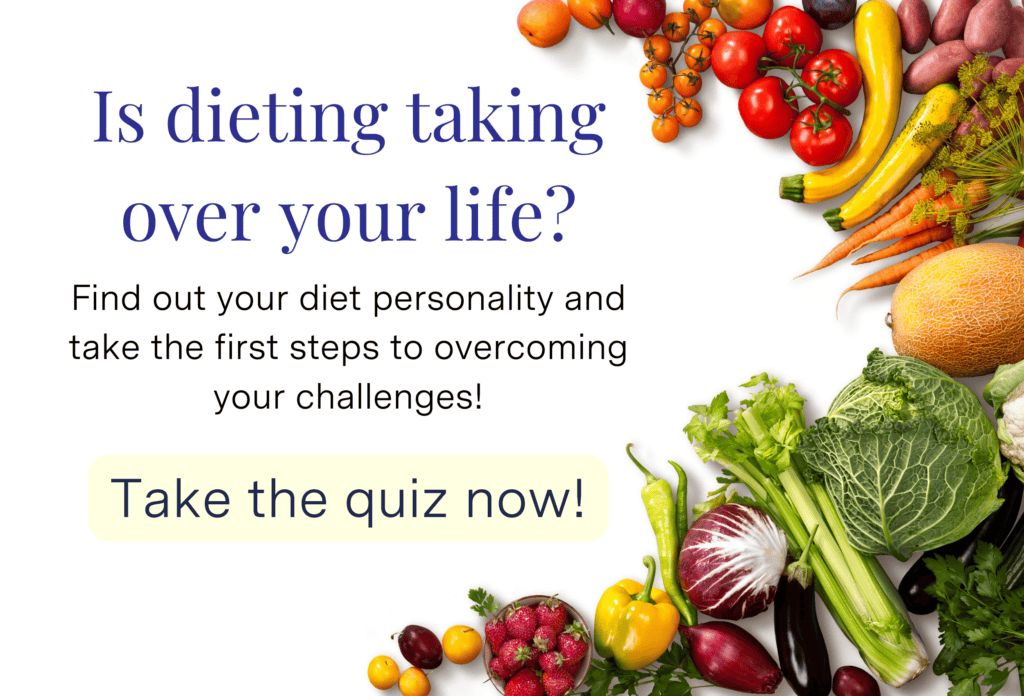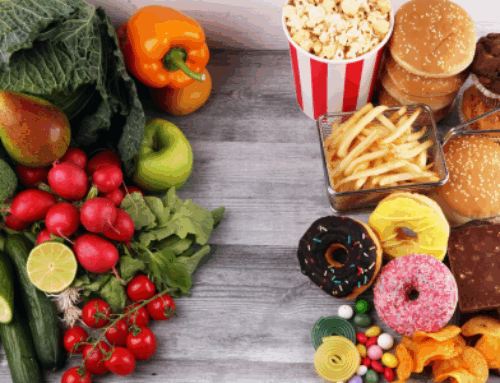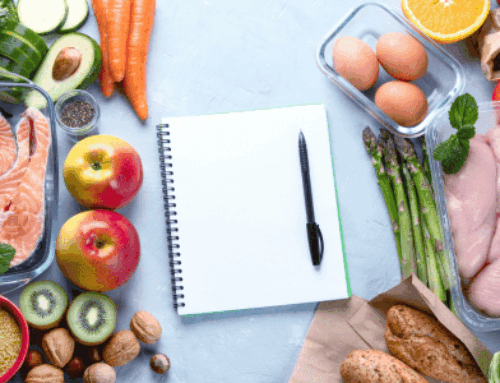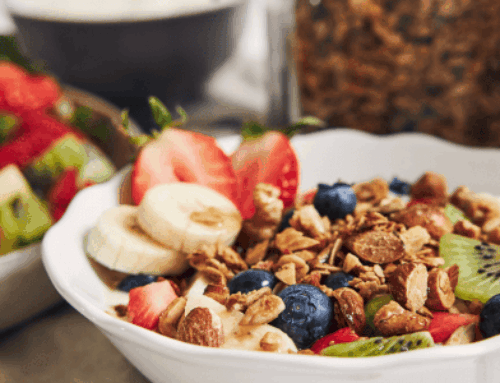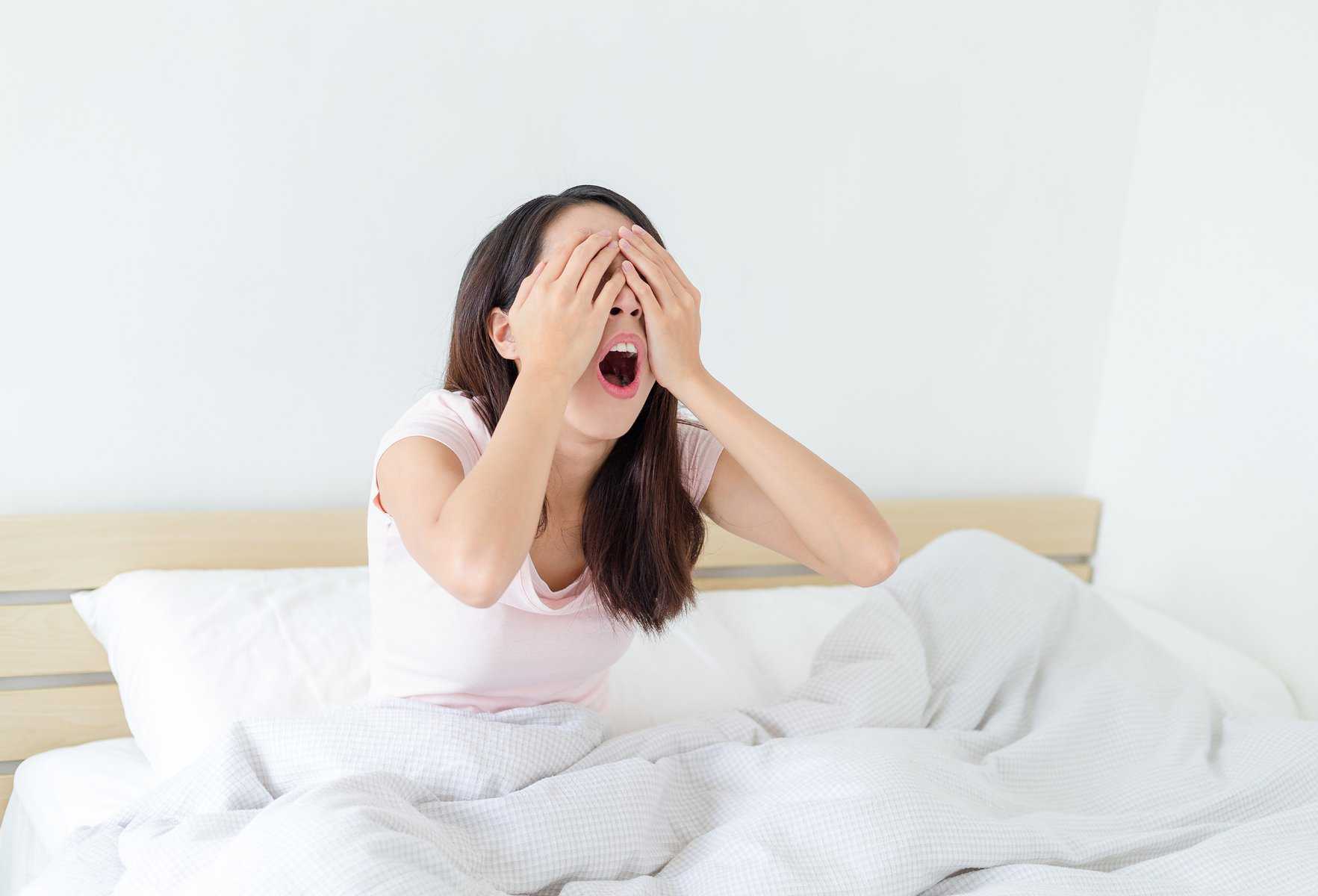
It’s one of the most common complaints made by my clients at their first appointment:
“Could you please help improve my energy levels, I feel so tired all the time.”
It’s also an extremely common reason for a person to visit their GP. The problem is, for the majority of people who do decide to investigate why they may feel excessively fatigued, they don’t usually get a definitive answer. In fact, research suggests that for the high level of pathology testing done for tired patients, most test results don’t result in a diagnosis. Further research also suggests that although the patient believes the cause of their tiredness to be physical, many GPs believe the cause to be psychological.
So is your tiredness the real deal or is it all in your head? Let’s unpack a few thoughts.
Burning the candle at both ends
We are busy. We really are. Some days I feel like I barely have time to scratch myself. Technology means that my ability to answer emails, post on social media, write articles, read articles, communicate with people, manage my schedule and do whatever else I do, happens 24-7.
I dare say when I consider the demands on my own life and after chatting with many women over the years, it seems we do try to fit a large amount of ‘stuff’ into our days.
I can’t speak for anyone else, but I do know that I have no-one to blame but myself and my own expectation of what is an acceptable level of daily achievement. I know that when I experience weeks of reduced expectation and thus reduced demand on my day to day routine, I feel much less tired.
Perhaps for you it’s time to take stock of the demands on your life and cut out the things that don’t really need to be there.
Lack of nighty night
The research around sleep and the effect that sleep deprivation has on your short and long term health is quite profound.
Sleep deprivation not only leads to decreased cognitive performance (the ability to make decisions and concentrate) and sleepiness throughout the day, research suggests that it may lead to more serious health problems such as premature death, cardiovascular disease and the development of diabetes.
There are a number of studies that link sleep duration to blood pressure, blood glucose levels, stress hormone levels, immune function, metabolic function and much more. It’s a pretty important part of our daily routine.
You need to be getting enough sleep and other research also suggests that women may need more than men. If you’re in a high pressure job, making big decisions each day or exercising at high levels you may need even more.
Main tips to improve sleep:
- cut back on your caffeine intake,
- stop using screens and electronic devices 1 hour before bed to help you wind down,
- keep your bedroom just for sleeping (and maybe a little loving as well) and not working, and
- create yourself a little bed time ritual: hot shower, moisturiser, deep breaths, good book, snuggle, sleep…
Sleep Apnea
Sleep apnea is a condition that many individuals suffer from that greatly impairs their sleep, decreasing their daily wellbeing and putting them at risk of other health conditions. It’s worth getting this investigated with your GP.
Die hard dieting
Let’s start talking about food. My favourite topic.
The main reason why clients are tired would be this reason. They are dieting too hard. The problem is also compounded with the other two factors. They are living a busy life, not getting enough sleep and then trying to get through their day on a next to no food.
Yes, we do eat too much overall as a culture and society, but that doesn’t mean that the complete opposite is the best approach to health. You actually need to eat an adequate amount of good quality food each and every day to function at your best. Too many people are surviving on very little food, cutting out carbohydrates and whole food groups and then finding themselves starving by the end of the day and binging on food that’s way below par.
Take carbohydrates for example. There’s lots of confusion around carbohydrates. But speak to any qualified nutrition professional and they’ll all agree that yes, we do need to reduce our carbohydrate intake, especially from sugar and and highly processed foods, but no, we don’t need to cut it out all together, we need a regular intake from good quality sources.
If you’re feeling tired, especially in the afternoon, try eating a high fibre breakfast like muesli with rolled oats, nuts and seeds with some milk or yoghurt. Then add a healthy source of carbohydrate to your lunch time salad like 4 bean mix, brown rice, rye bread, potato or quinoa. Maybe a banana and handful of nuts at your mid morning snack will give you the blood sugar levels you need to be cohesive at that stressful meeting…
Good health is a result of improved overall diet quality. Ask yourself this question: What is my diet characterised by? If very little comes from fresh, whole food, then a little revamp in the food department will go a long way to boosting the old mojo and ultimately, your energy levels.
What is the outcome from my clients who start to eat more food throughout the day? “Oh Kate, I have so much more energy!”
The answer is in your blood
If you’ve addressed the top three issues and still find yourself excessively fatigued and tired throughout the day, a blood test investigating the problem further may offer some explanation. You can talk to your GP about getting this done.
From a dietary perspective, deficiencies in iron and vitamin D can lead to fatigue. Get your blood test and we can discuss options for dietary improvement and chat about the possibility of a supplement if necessary.
If you’re keen to start building a life full of small achievable habits, then check out our mobile app.

